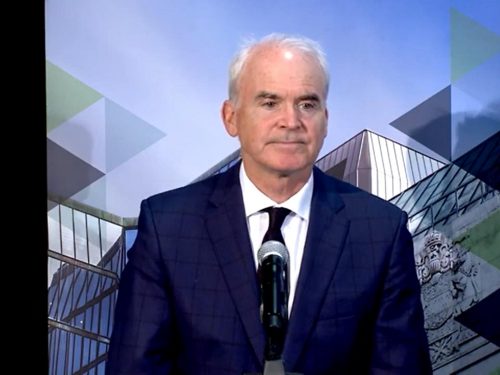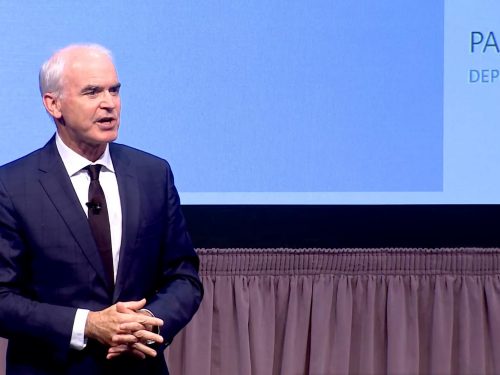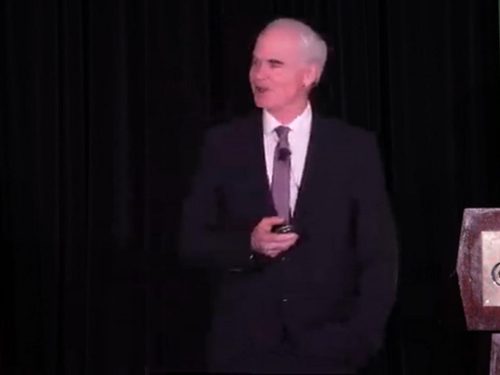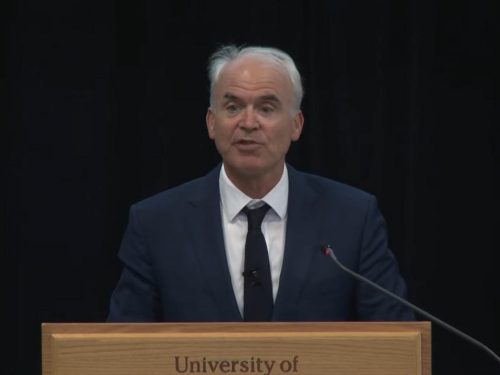June 8, 2023
Paul Beaudry - Latest
-
June 8, 2023
Media Availability: Greater Victoria Chamber of Commerce
Economic Progress Report — Deputy Governor Paul Beaudry takes questions from reporters following his remarks (16:45 (ET) approx.).
-
June 8, 2023
Speech: Greater Victoria Chamber of Commerce
Economic Progress Report — Deputy Governor Paul Beaudry speaks before the Greater Victoria Chamber of Commerce (15:25 (ET) approx.).
-
-
June 8, 2023
Adjusting to higher interest rates
Speaking a day after we raised interest rates, Deputy Governor Paul Beaudry talks about what Governing Council considered in its decision. He also suggests reasons why long-term interest rates could remain higher than they were before the COVID-19 pandemic. -
May 18, 2023
Financial System Review—2023
The adjustment to higher interest rates is exposing vulnerabilities in the global financial system. Recent banking sector stresses serve as a reminder that risks can arise and spread quickly. Key areas of concern are bank funding, liquidity in fixed income markets, and households’ ability to service their debts. Other financial system concerns relate to cyber attacks, climate change and cryptoasset markets. -
February 16, 2023
Our commitment to 2% inflation
Deputy Governor Paul Beaudry explains why the 2% target remains the centrepiece of the Bank of Canada’s inflation-targeting framework. -
February 16, 2023
Speech: Alberta School of Business, University of Alberta
The importance of the Bank of Canada’s 2% inflation target — Deputy Governor Paul Beaudry speaks before the Alberta School of Business, University of Alberta (18:10 (ET) approx.).
-
February 16, 2023
No two ways about it: Why the Bank is committed to getting back to 2%
Deputy Governor Paul Beaudry discusses the benefits of being near the Bank’s 2% inflation target and the dangers of straying from it for too long. -
Gazing at r-star: A Hysteresis Perspective
Many explanations for the decline in real interest rates over the last 30 years point to the role that population aging or rising income inequality plays in increasing the long-run aggregate demand for assets. Notwithstanding the importance of such factors, the starting point of this paper is to show that the major change driving household asset demand over this period is instead an increased desire—for a given age and income level—to hold assets. -
September 20, 2022
Speech: University of Waterloo Faculty of Arts
Macroeconomics of the 2020s: What we’ve learned, and what’s to come — Deputy Governor Paul Beaudry speaks at the University of Waterloo Faculty of Arts Distinguished Lecture in Economics. (15:45 (ET) approx.).





